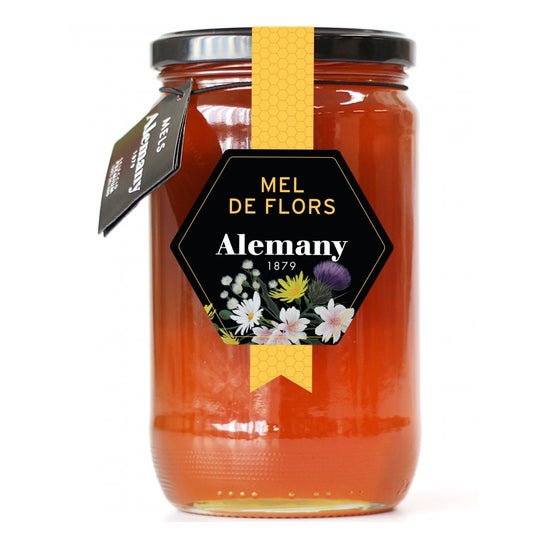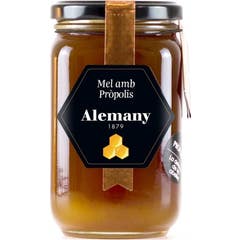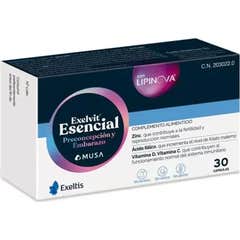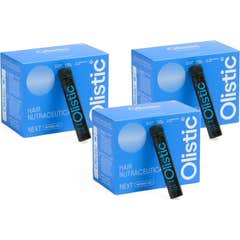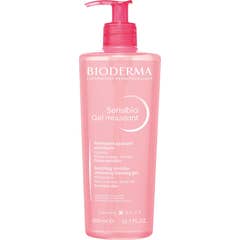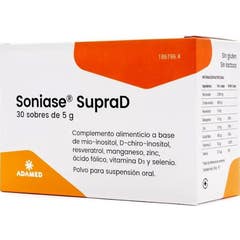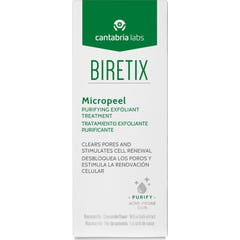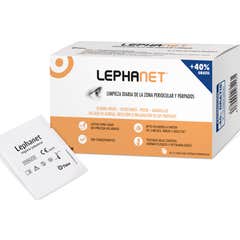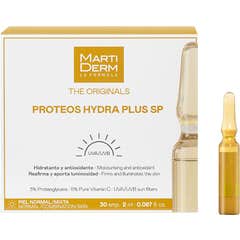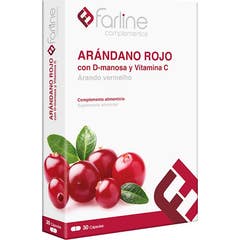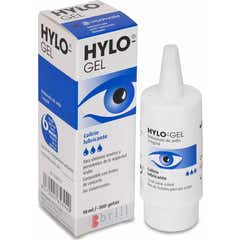It is an organic and 100% natural honey. Produced entirely in Spanish lands by Alemany. Harvested in spring in Aragon and Catalonia. It belongs to a careful premium selection. Its main characteristic is that it is produced by bees that are fed with pollen from different flowers, but their pollen percentage is the same. Thus, a very balanced mixture is created. This honey has a soft smell and a sweet taste. Its colours range from light white to dark amber.
Its recipe is free of chemicals and sweeteners. It contains very few minerals. Since it is organic, it can be used as an accompaniment at snack time. It can also be used as an ingredient in various recipes. It is recommended to be consumed within 20 months of the date marked on the package.
Alemany Polyflora Honey 980g
Log into your account and set up an alert to be notified when the product becomes available again.
Do you want us to notify you when it is available?
Description
Instructions for use
Dietary supplements should be taken in the context of a varied and balanced diet and as part of an active lifestyle. Spread as an accompaniment or as an ingredient in various recipes.
Composition
100% pure honey.
Pharmaceutical Advice
Pollen is made up of small granules produced by bees from the contents they collect from the flower stamens, which they process and carry on their legs back to the hive to feed their colony. On the other hand, some pollen extract is obtained directly from specific plants. Their botanical composition can be standardised. These pollen extracts can be included in immunotherapy treatments for allergies or, using certain pollen fractions, can be included in dietary supplements to improve well-being during menopause and perimenopause.
This beekeeping by-product has become popular as a food source, as it is a source of important macro- and micronutrients: its greatest contribution is carbohydrates, although it is also notable for its protein content, essential amino acids and essential fatty acids that our body cannot synthesise; B vitamins (B1, B2, B3, B5, B6 and B7) and vitamin C; it also provides small amounts of vitamins D, E, K and inositol, and contains choline, which contributes to proper brain and heart function. In terms of minerals, it is a source of phosphorus, calcium, potassium, iodine, zinc, copper, magnesium and selenium and also antioxidant carotenoids.
It can further support a balanced diet and can contribute as a restorative food in the context of anaemia, fatigue or convalescence.
If you are allergic to pollen or bee stings, avoid consumption and choose other nutrient sources. Pollen could trigger an allergic reaction. If you are taking medication, it is advisable to consult a healthcare professional before using a dietary supplement containing pollen.
Safety and product information
Safety visual aids
At this time we do not have safety images for this product, but we are working on it. We encourage you to check back later for updates. In the meantime, we recommend that you read the safety information that comes with the product before using it. If you have any questions about safety, please do not hesitate to contact us. Also, if you wish, you can also return the product by following our terms and conditions.
Manufacturer details
At the moment we do not have the manufacturer's details, but we are working to add them as soon as possible. We invite you to check back later for updates. If you have any questions, please do not hesitate to contact us, we will be happy to help you.
RELATED SEARCHES ABOUT Food
New in Nutrition
- Inmunicaps 14caps
- Euphytose Noche 1Mg Spray 20 ml
- Arkopharma Activox Própolis Spray Garganta 30 ml
- Santarome Somnifor Max Lp 8H 15comp
- Mayla Sisteurin Biotic + 10 Sticks
- Superlativa Botanicals Forte 10x20ml
- Alvityl Méla-Sommeil Lib 30comp
- Menarini 8:Mel+ Melatonina 30comp
- Upsa Hydrafizz Fresa 16comp
- Prescription Nature Herpesyl 60caps


